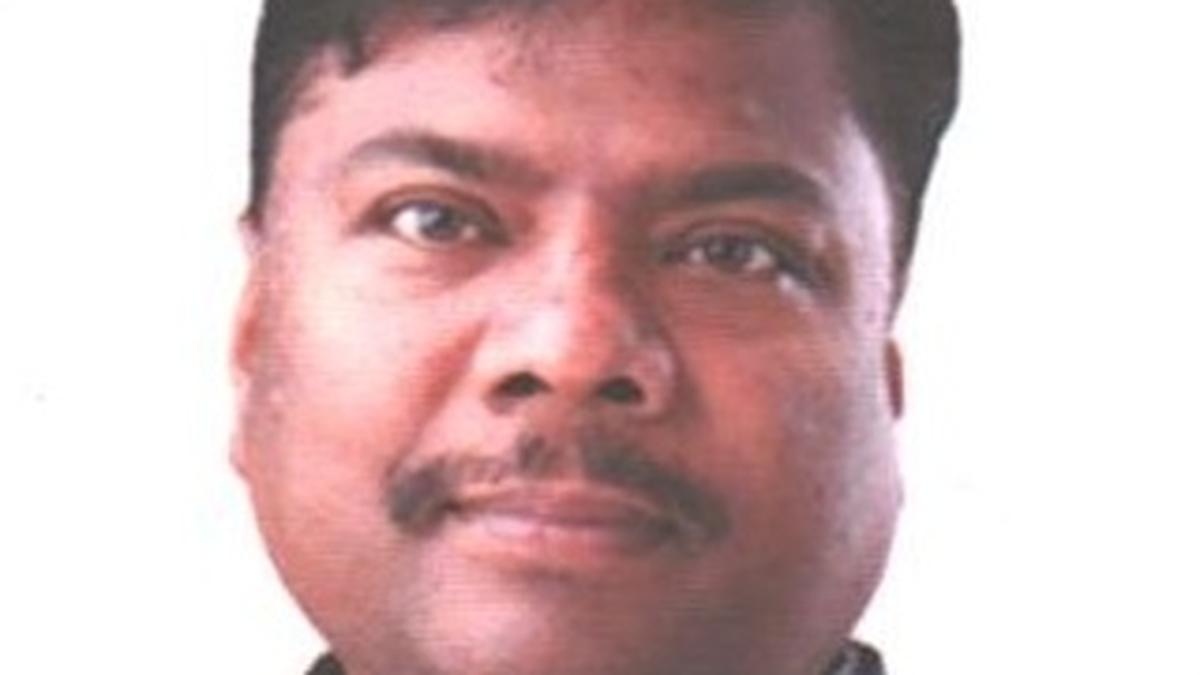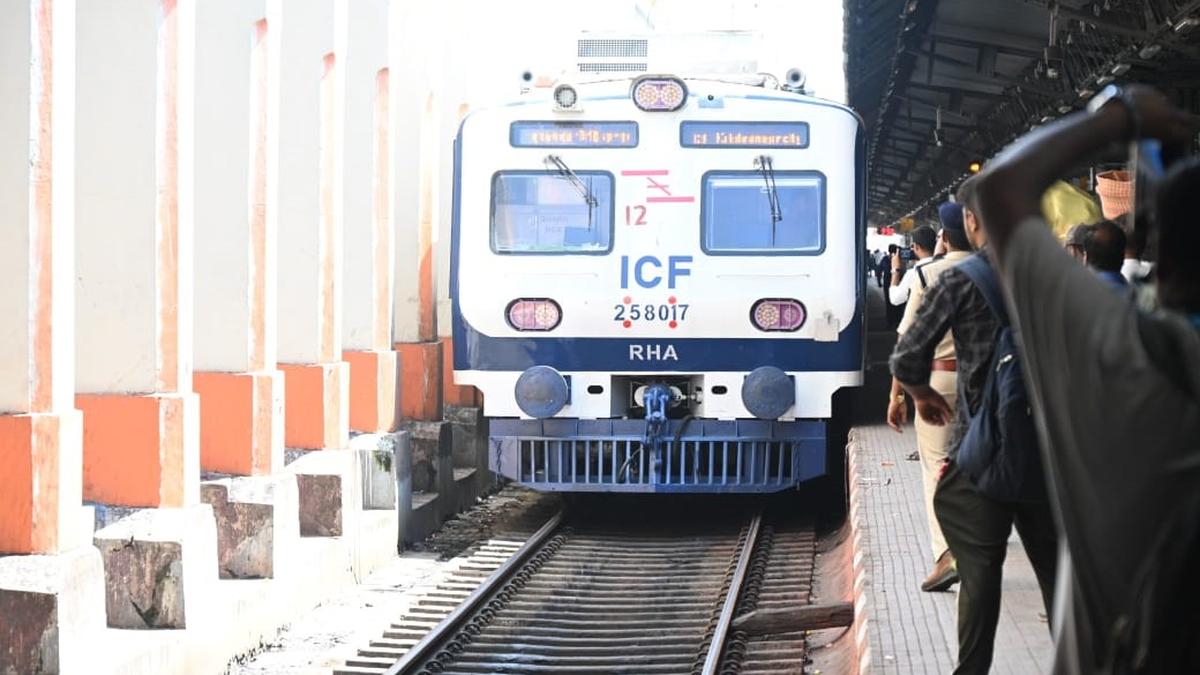ARTICLE AD BOX
Last Updated:September 05, 2025, 05:44 IST
The SC observed that a person who gives money in cash would obviously not always be in possession of documentary evidence to prove the payment

The court added that while sometimes parties may prepare a receipt even for a cash transaction, the absence of such a receipt does not mean that the transaction did not take place. (Representational image/Pixabay)
The Supreme Court of India has held that the absence of documentary proof, such as bank transfers or negotiable instruments, cannot by itself discredit the fact of a cash transaction when there is a clear and categorical statement that money was actually paid. A bench of Justices Ahsanuddin Amanullah and Vipul M Pancholi made it clear that in monetary dealings, it is not uncommon for a component of cash to be involved and that the law cannot disregard such payments merely because they are not reflected in official banking records.
The bench observed that a person who gives money in cash would obviously not always be in possession of documentary evidence to prove the payment. The court added that while sometimes parties may prepare a receipt even for a cash transaction, the absence of such a receipt does not mean that the transaction did not take place. It is the substance of the arrangement and the stand taken by the parties that matters.
The court made these remarks while allowing an appeal filed by Georgekutty Chacko, who had challenged the reduction of the decretal amount ordered by the Kerala High Court in a suit for recovery of money pursuant to a promissory note.
The case arose from a dispute over repayment of money advanced under a promissory note executed by the respondent, MN Saji. The appellant had lent Rs 30,80,000 to the respondent, out of which Rs 22,00,000 was transferred through banking instruments, while the balance amount was given in cash. A promissory note was executed by the respondent acknowledging receipt of the entire sum. When repayment did not take place, the appellant filed a suit for recovery before the trial court. The court decreed the suit in his favour for Rs 35,29,680, taking into account both the principal amount and interest.
The respondent challenged the decree before the High Court, which partly allowed the appeal and reduced the decretal amount to Rs 22,00,000. The HC reasoned that the appellant had been able to prove only the payments made through official bank transactions, while the balance given in cash could not be accepted, as there was no independent documentary proof. The appellant then moved the Supreme Court against this modification. His counsel argued that once the promissory note had been accepted by both the trial court and the High Court, and once the respondent had not disputed signing the note or claimed any manipulation in it, the entire sum recorded in the note had to be accepted. It was submitted that rejecting the cash portion of the loan merely because it was supported by oral statement alone was contrary to law, since the promissory note had acknowledged receipt of the whole amount.
The Supreme Court agreed with this contention. It held that when the appellant had clearly stated that the entire amount of Rs 30,80,000 was advanced pursuant to the promissory note, the onus shifted to the respondent to dispel that claim. The respondent had neither disputed signing the note nor claimed that it contained false recitals. The court emphasised that under the Negotiable Instruments Act, there is a presumption of a legally enforceable debt or liability arising from such instruments, and it is for the person denying the liability to prove otherwise. In this case, the respondent failed to discharge that burden.
The bench pointed out that the bifurcation undertaken by the High Court between amounts paid through banking channels and amounts paid in cash was erroneous. The court observed that documentary proof may not always be available for cash payments, but the absence of such proof does not justify disregarding a categorical assertion supported by an executed promissory note. The presumption of validity attached to negotiable instruments cannot be brushed aside simply because part of the transaction was in cash.
The Supreme Court found that the course adopted by the High Court was unsustainable in law and in fact. It noted that the promissory note in this case was admitted and never disputed by the respondent. Therefore, the entire liability recorded in the note had to be enforced. The bench set aside the High Court order and restored the trial court decree, which had awarded Rs 35,29,680 to the appellant.

Sanya Talwar, Editor at Lawbeat, has been heading the organisation since its inception. After practising in courts for over four years, she discovered her affinity for legal journalism. She has worked previousl...Read More
Sanya Talwar, Editor at Lawbeat, has been heading the organisation since its inception. After practising in courts for over four years, she discovered her affinity for legal journalism. She has worked previousl...
Read More
First Published:
September 05, 2025, 05:44 IST
News india Cash Deals Cannot Be Disregarded Just Because There Is No Bank Record: Supreme Court
Disclaimer: Comments reflect users’ views, not News18’s. Please keep discussions respectful and constructive. Abusive, defamatory, or illegal comments will be removed. News18 may disable any comment at its discretion. By posting, you agree to our Terms of Use and Privacy Policy.
Read More



.png)
.png)
.png)
















 2 days ago
5
2 days ago
5







 English (US) ·
English (US) ·